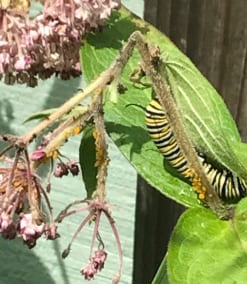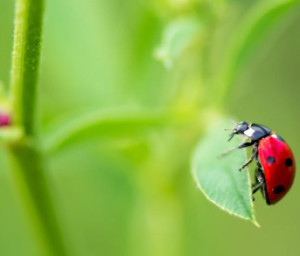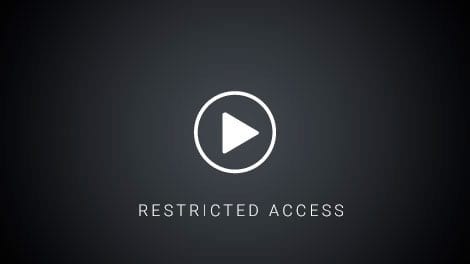Developing a Comprehensive Integrative Pest Management (IPM) Plan
Webinar replay from April 26, 2024
 An Integrated Pest Management Plan (IPM) is a tool for plant professionals to control pests in a timely, safe, and efficient manner and is a vital component in producing and maintaining healthy plants and landscapes. An IPM plan includes several aspects: sanitation and prevention, conservation, and augmentation methods using beneficial organisms. Traditionally, IPM plans also include the judicious use of chemical pesticides when all else fails. In this webinar, Alexis will discuss the negative effects of chemicals on beneficial insects and will evaluate other options such as OMRI certified and ‘safer’ products that can be incorporated as a last resort. This webinar will explore and discuss the components of an IPM plan and explain the basics of how to design an IPM plan tailored to individual needs.
An Integrated Pest Management Plan (IPM) is a tool for plant professionals to control pests in a timely, safe, and efficient manner and is a vital component in producing and maintaining healthy plants and landscapes. An IPM plan includes several aspects: sanitation and prevention, conservation, and augmentation methods using beneficial organisms. Traditionally, IPM plans also include the judicious use of chemical pesticides when all else fails. In this webinar, Alexis will discuss the negative effects of chemicals on beneficial insects and will evaluate other options such as OMRI certified and ‘safer’ products that can be incorporated as a last resort. This webinar will explore and discuss the components of an IPM plan and explain the basics of how to design an IPM plan tailored to individual needs.
 Alexis Doshas is a graduate of the Environmental Studies Department at Antioch University New England with a concentration in Conservation Biology. She ran a small organic gardening business for over a decade and worked with Safe Harbor Environmental Services as a restoration associate. She is a field researcher in a long-term NSF-funded study on the effects and mitigation of chronic atmospheric deposition of N on heathland communities of Cape Cod, MA. Currently, Alexis is the Propagator and Facilities Coordinator at New England Wild Flower Society’s Nasami Farm, where their mission is to conserve and promote the region’s native plants to ensure healthy, biologically diverse landscapes. Alexis’ interests include landscape ecology, soil ecology, nutrient processes, field research, sustainable agriculture, forest medicinal plants, and climate change. Her professional and personal goal is to serve the processes that contribute to a balanced ecosystem, both in the scientific and social disciplines.
Alexis Doshas is a graduate of the Environmental Studies Department at Antioch University New England with a concentration in Conservation Biology. She ran a small organic gardening business for over a decade and worked with Safe Harbor Environmental Services as a restoration associate. She is a field researcher in a long-term NSF-funded study on the effects and mitigation of chronic atmospheric deposition of N on heathland communities of Cape Cod, MA. Currently, Alexis is the Propagator and Facilities Coordinator at New England Wild Flower Society’s Nasami Farm, where their mission is to conserve and promote the region’s native plants to ensure healthy, biologically diverse landscapes. Alexis’ interests include landscape ecology, soil ecology, nutrient processes, field research, sustainable agriculture, forest medicinal plants, and climate change. Her professional and personal goal is to serve the processes that contribute to a balanced ecosystem, both in the scientific and social disciplines.
Log in to your Membership account to watch the replay or become a member to gain access


